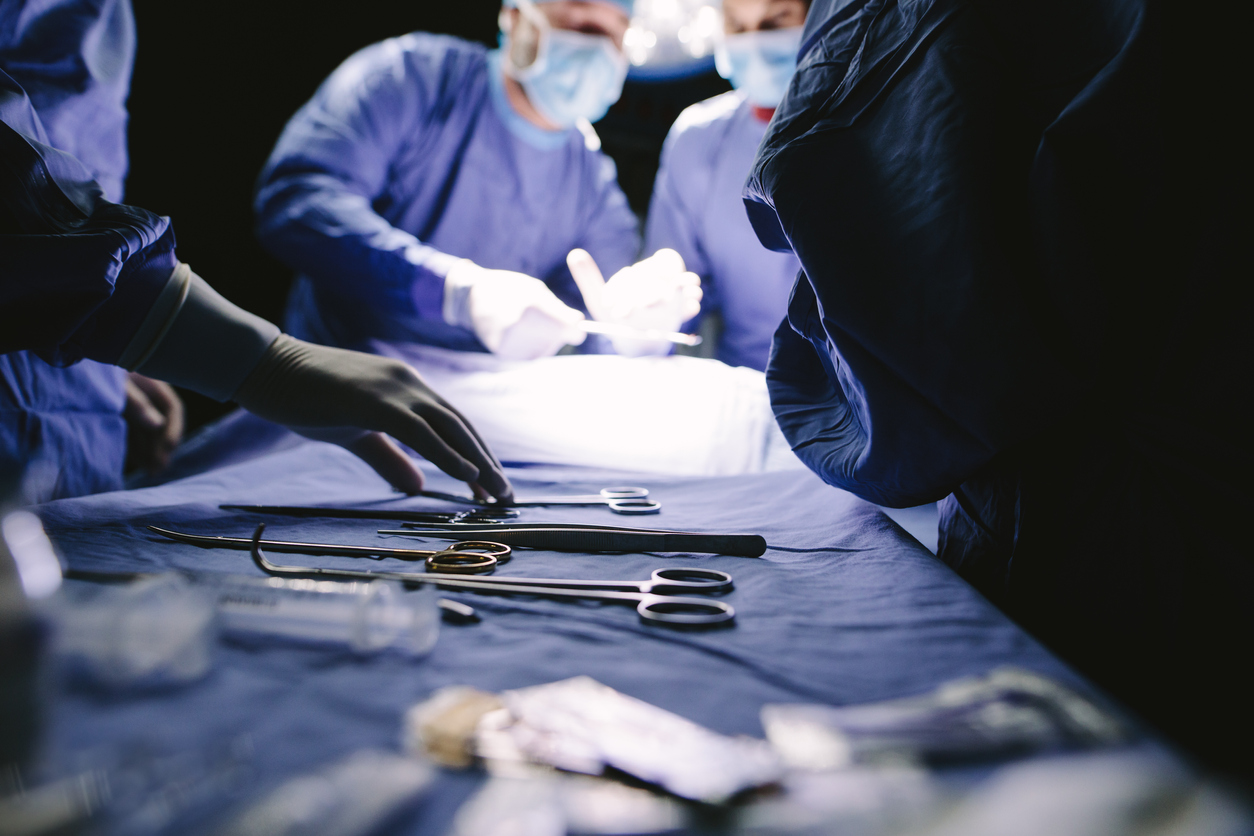Defective Medical Device Issues: Prioritizing Profits Over Safety

So far, our series discussing issues associated with defective implantable medical devices has focused on specific deficiencies in the U.S. Food and Drug Administration’s (FDA) approval and safety monitoring systems. First, we discussed the inherent conflicts of the 510k clearance process. Then, we discussed the limited recall requirements for implantable medical devices, followed by highlights of the shortcomings of the adverse reporting system. In this article, we are turning our attention to device manufacturers directly and their penchant for prioritizing profits over safety.
It is no secret that large corporations are driven by profit. Employees at all levels of large corporate organizations are incentivized to help drive revenue, and company leaders have an obligation to maximize profits for their shareholders. There is nothing inherently wrongful about this model. However, issues arise when companies overemphasize profits, and, in particular, when they sacrifice safety in order to improve their bottom lines.
Medical Device Manufacturers Face Clear Conflicts of Interest When it Comes to Protecting Patient Safety
This issue is of particular concern in the implantable medical device industry. While the FDA regulates the medical device market, there are clear shortcomings in its approach. Not all new medical devices are subject to testing, and not all known device defects need to be reported. Medical device manufacturers are well aware of these deficiencies in regulatory safety oversight, and some choose to exploit them. Although this may increase their profits incrementally, their additional financial return comes at the expense of patients who suffer due to defects that could – and should – have been avoided.
A big part of the issue is the fact that the FDA relies on medical device manufacturers to self-police their own compliance. In other words, much of a regulatory oversight is based upon the honor system. For example, it is up to the manufacturers to decide whether new devices that they want to bring to market quickly are “substantially equivalent” to devices that they already have on the market—and therefore not subject to the more rigorous premarket FDA review for safety and efficacy. In the pelvic mesh and bladder sling litigation (which resulted in more than 100,000 individual lawsuits), numerous manufacturers continued to sell their defective polypropylene mesh products to patients, even after the substantially-equivalent devices upon which the 510k clearances were initially based were recalled due to safety issues.
Likewise, manufacturers and importers are supposed to self-report known issues and institute recalls—even though this may mean pulling their devices from hospitals’ stock room shelves. There is a clear and inherent conflict, and too often companies resolve this conflict in a way that is unfavorable to the patients their devices are supposed to help. For example, in hip implant cases litigated against multiple companies, the medical device manufacturers failed to timely submit adverse event reports for revision surgeries required due to defective devices, which prevented patients and surgeons from having a good understanding of the significant failure rates associated with the products and likely delayed the recalls and market withdrawals of defective metal-on-metal and modular hip implants for many years.
Have you been harmed by a dangerous or defective implantable medical device? Has a member of your family been seriously injured or killed? If so, the device manufacturer deserves to be held accountable, and you and your family deserve to recover just compensation.
Coming Up in Part Five…
In the final installment of our five-part series on implantable medical device issues, we will discuss the implications of the U.S. government lacking a national medical device registry.
Request a Free Initial Consultation with a Florida Product Liability Attorney at Searcy Denney
If you would like more information about seeking financial compensation for serious or fatal complications caused by a defective implantable medical device, we invite you to schedule a free initial consultation at Searcy Denney. To speak with one of our highly-experienced Florida product liability attorneys in confidence, call 800-220-7006 or request an appointment online today.
Share This


